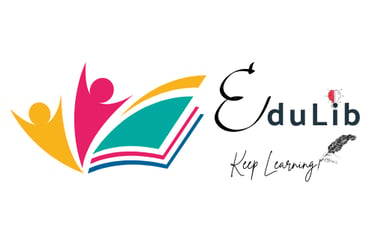Level 3 Awards & Certificates in Assessment and Quality Assurance

Understanding the Principles and Practices of Assessment
Understanding the principles and practices of assessment is crucial for both educators and learners. This page aims to provide comprehensive insight into the fundamental concepts and methods associated with assessment. By studying this topic, educators can enhance their ability to design and implement effective assessment tools, ensuring that learners are accurately evaluated and supported in their educational journey. The principles explored include validity, reliability, and fairness, which are essential for producing reliable and unbiased assessment results. Additionally, the page delves into the various practices employed in assessment, such as formative and summative assessments, self-assessment, and peer assessment. By understanding these principles and practices, educators can create a balanced and inclusive assessment environment that promotes growth and facilitates learning.


Assessing occupational competence in the work environment is a vital process to ensure that individuals possess the necessary skills and knowledge required to perform their job effectively. It involves evaluating an individual's ability to carry out tasks and responsibilities within their specific role, while also considering the industry standards and regulations. This assessment is typically conducted by qualified assessors who use various methods such as observations, interviews, and work product reviews. By assessing occupational competence, employers can identify any gaps in an individual's skill set and provide the necessary training and support to enhance their performance. This process ultimately contributes to maintaining a high level of professionalism and quality within the workplace, as well as ensuring the safety and satisfaction of both employees and customers.


